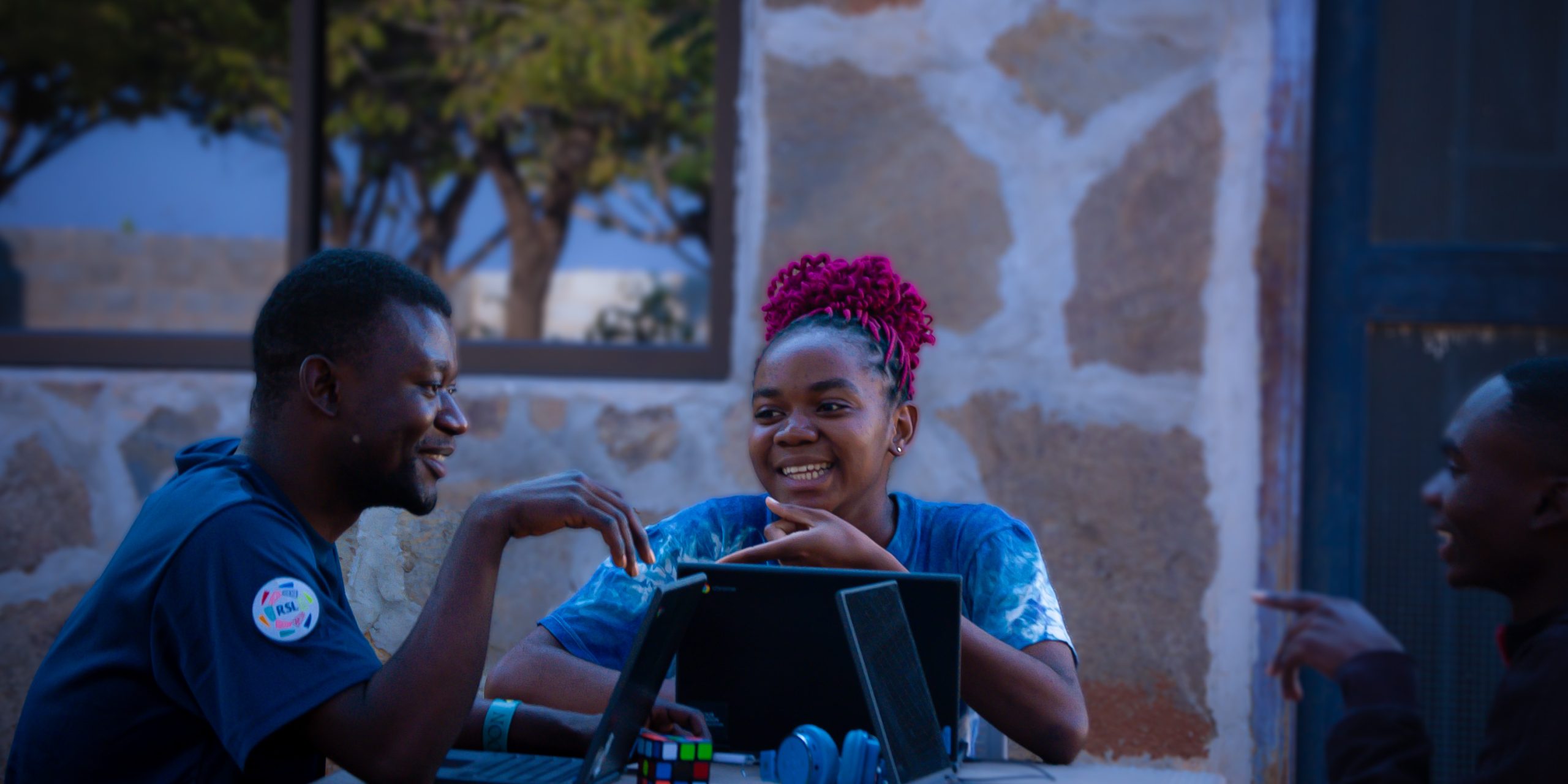There is so much being discussed in the international development arena about supporting the girl-child. But what about the boy-child?

The many challenges that face the girl-child are now well documented and, due to the SDGs, funds are flowing to support many initiatives to help girls to stay in school, combat gender based violence in schools, to become more assertive, supporting women in the workplace and so on. These are incredibly important initiatives and need to continue. The expression that through supporting the girl child, you are supporting a whole community has a lot of truth. But are funders seeing it as the panacea? Is the expression at risk of becoming hackneyed?
What about the boy-child in all this? As I walk through the compounds of Lusaka, Zambia’s capital city, and see the number of young men strolling around, sniffing glue, drunk, aimless, I am filled with great sadness. Some of these young men have been lucky enough to stay in school and achieve great grades in the school leaving certificates. But there are few jobs and even fewer opportunities for them in higher education. With all the emphasis on the girl-child, the chance for them to gain funding for further study has suddenly become limited. Most funding for social enterprises goes into supporting women. And suddenly the pendulum has swung too far in the opposite direction. Men have nothing to do in the home and, as husbands, they have lost their position as head of their families because they are not the ones bringing in the income. This loss of manhood seems to me to be a fundamental problem. It leads to them resorting to anti-social behaviours including violence against women, getting girls pregnant and not caring about spreading AIDS. With even more mouths to feed, they run away and the cycle of poverty continues – for them and for the women.
At Our Moon endeavour to balance the sponsorship we provide by selecting both boys and girls to help them to access higher education. However, during our recent scholarship recruitment (where we identify top performing students who have a strong social conscience and a vision for how they might want to contribute to Zambia’s and Africa’s development), we made offers to three girls and three boys. Two of the three boys were given offers to study elsewhere – they were outstanding students and deserved opportunities. But none of the equally capable boys were offered alternative opportunities.
I say “Support the girl-child!” This is fundamentally important. “But please don’t leave out the boy-child.” Through the education of the brightest and most vulnerable, these people – young men and young women – will become the backbone of their country’s development and help to free their families, communities and country from poverty.



